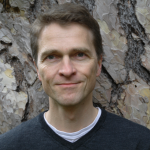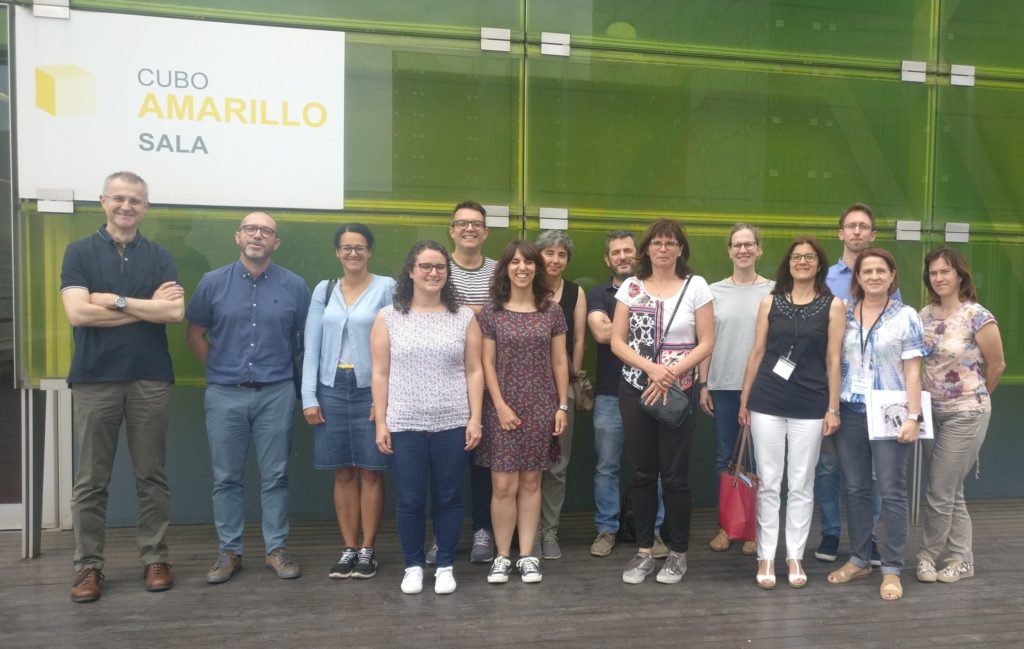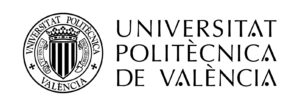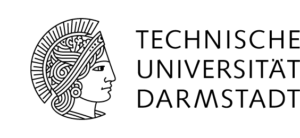STEERING COMMITTEE
Diego Orzaez

Instituto de Biología Molecular y Celular de Plantas (IBMCP), Spain
Nicola Patron

The Earlham Institute (EI), UK
Špela Baebler

National institute of Biology (NIB), Slovenia
Heribert Warzecha

Technische Universität Darmstadt (TUDA), Germany
Ismael Navarro

Ecologia y Proteción Agrícola (EPA), Spain
FULL SCIENTIFIC TEAM
Partner Organisations
About Institute for Plant Molecular and Cellular Biology (IBMCP)
The Institute for Plant Molecular and Cellular Biology (IBMCP) “Eduardo Primo Yúfera” is a research centre funded by both the Polytechnic University of Valencia (UPV) and the Spanish Research Council (CSIC). IBMCP’s mission is to generate knowledge that can be used to engineer plants with better productivity and fruit quality or with added value (both for consumers and food industries). We are also striving to generate crop plants that are more resistant to stress (less dependent on chemical treatments), in order to contribute to more sustainable agriculture. The centre is located at the Polytechnic City of Innovation (CPI) at the UPV Campus and includes 7000 m2 of research labs and core services. It also includes 4150 m2 of greenhouses and plant growth chambers.
About Institute of Agrochemistry and Food Technology (IATA)
The Institute of Agrochemistry and Food Technology (IATA) is a centre of the CSIC. Its scientific-technical objective is to carry out research of excellence in the production of sustainable and quality food, taking into account its safety, health impact and consumer acceptance.
Participation in SUSPHIRE at IBMCPand IATA is funded through a grant from Ministry of Economy and Competitiveness (MINECO), Spain.
About Earlham Institute (EI)
The EI is a world-leading research institute focusing on the development of genomics and computational biology. EI is based within the Norwich Research Park and is one of eight institutes that receive strategic funding from BBSRC – £6.45M in 2015/2016 – as well as support from other research funders. EI operates a National Capability to promote the application of genomics and bioinformatics to advance bioscience research and innovation. EI offers a state of the art DNA sequencing facility, unique by its operation of multiple complementary technologies for data generation. The Institute is a UK hub for innovative bioinformatics through research, analysis and interpretation of multiple, complex data sets. It hosts one of the largest computing hardware facilities dedicated to life science research in Europe. It is also actively involved in developing novel platforms to provide access to computational tools and processing capacity for multiple academic and industrial users and promoting applications of computational Bioscience. Additionally, the Institute offers a training programme through courses and workshops, and an outreach programme targeting key stakeholders, and wider public audiences through dialogue and science communication activities. The mission of the EI is tackling global challenges through life science research. EI’s research brings together a wealth of expertise in biosciences, bioinformatics, high-performance computing and biotechnology to understand complex biological systems in plants and animals and their interaction with the environment. EI is supported by UK Research and Innovation Councils to ensure that biological science in the UK has access to a skill base in genomics technologies and bioinformatics to deliver programmes leading to improved food security, advances in industrial biotechnology and improved human health and wellbeing. The institute is located on the Norwich Research Park (NRP) and also houses the Earlham DNA Foundry for accelerating progress in synthetic biology. www.earlham.ac.uk @EarlhamInst
Participation in SUSPHIRE at the Earlham Institute (EI) is funded through a grant from the Biotechnology and Biological Science Research Council (BBSRC), UK.
Link to the grant in UKRI database: http://gtr.ukri.org/projects?ref=BB%2FR021554%2F1
About TU Darmstadt
The Technische Universität (TU) Darmstadt is one of Germany’s leading technical universities. TU Darmstadt incorporates diverse science cultures to create its characteristic profile. The focus is set on engineering and natural sciences, which cooperate closely with outstanding humanities and social sciences. We are enjoying a worldwide reputation for excellent research in our highly-relevant, focused profile areas: cybersecurity, internet and digitalisation, nuclear physics, fluid dynamics and heat- and mass transfer, energy systems and new materials for product innovation. We dynamically develop our portfolio of research and teaching, innovation and transfer, in order to continue opening up important opportunities for the future of society. Our 312 professors, 4,450 scientific and administrative employees and close to 26,000 students devote their talents and best efforts to this goal. Together with Goethe University Frankfurt and Johannes Gutenberg University Mainz, TU Darmstadt has formed the strategic Rhine-Main Universities alliance.
Participation in SUSPHIRE at TU is funded through a grant from the German Federal Ministry of Education and Research; Bundesministerium für Bildung und Forschung(BMBF).
About National Institute of Biology (NIB)
With about 120 employees, NIBis the largest independent Public Research Institution for Life Sciences in Slovenia. The Institute was established by the Government of the Republic of Slovenia in 1960. The basic activity of the Institute has been and continues to be basic, developmental and applicative research in the fields of biotechnology, biophysics, biomedicine and system biology. The numerous activities taking place at the NIB are related to the environment, agriculture, food and, more recently and increasingly so, to human health. Participation in SUSPHIRE at NIB is funded through a grant from Ministry of Education, Science and Sport of Republic of Slovenia.
About Ecología y Protección Agricola (EPA)
EPA is a Spanish technology-based company dedicated to the development and manufacture of phytosanitary products based on techniques of biorational pest control. Located in the Valencian Community and with a shareholding 100% Spanish and Valencian, EPA manufactures all of its products exclusively in facilities located in the national territory through its own technology generated in Valencian and Spanish research centres, with which it collaborates permanently.
Participation in SUSPHIRE at EPA is funded through a grant from the Centre for the Development of Industrial Technology (CDTI), Spain.







